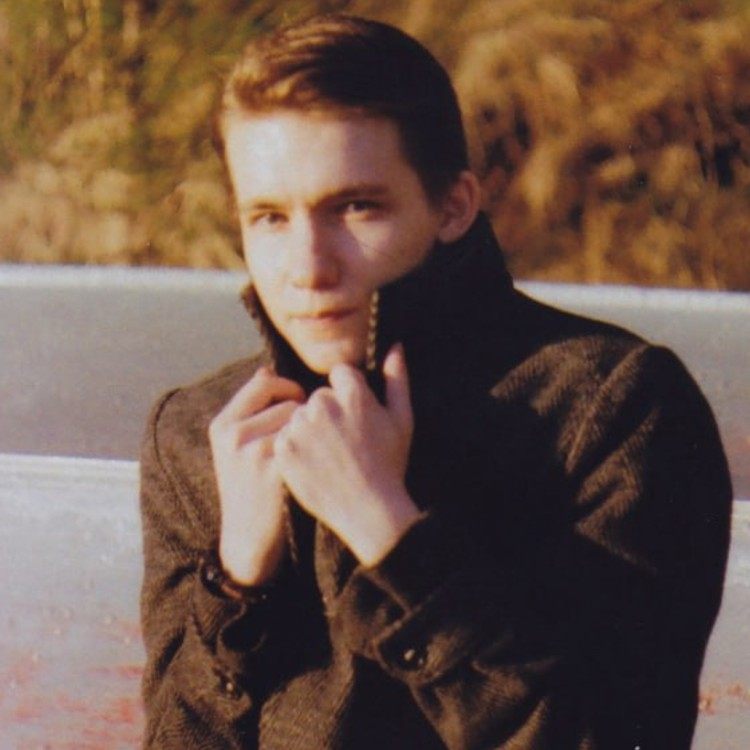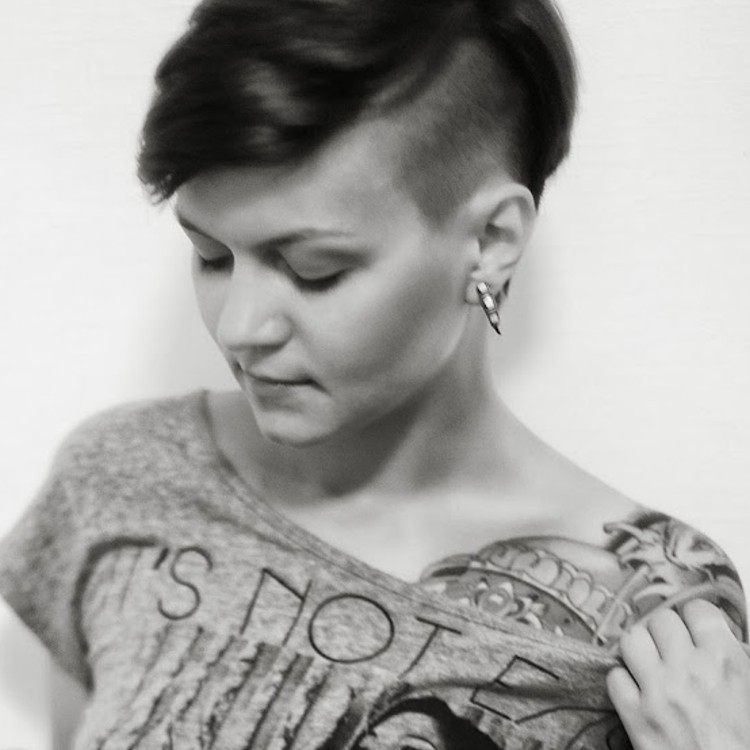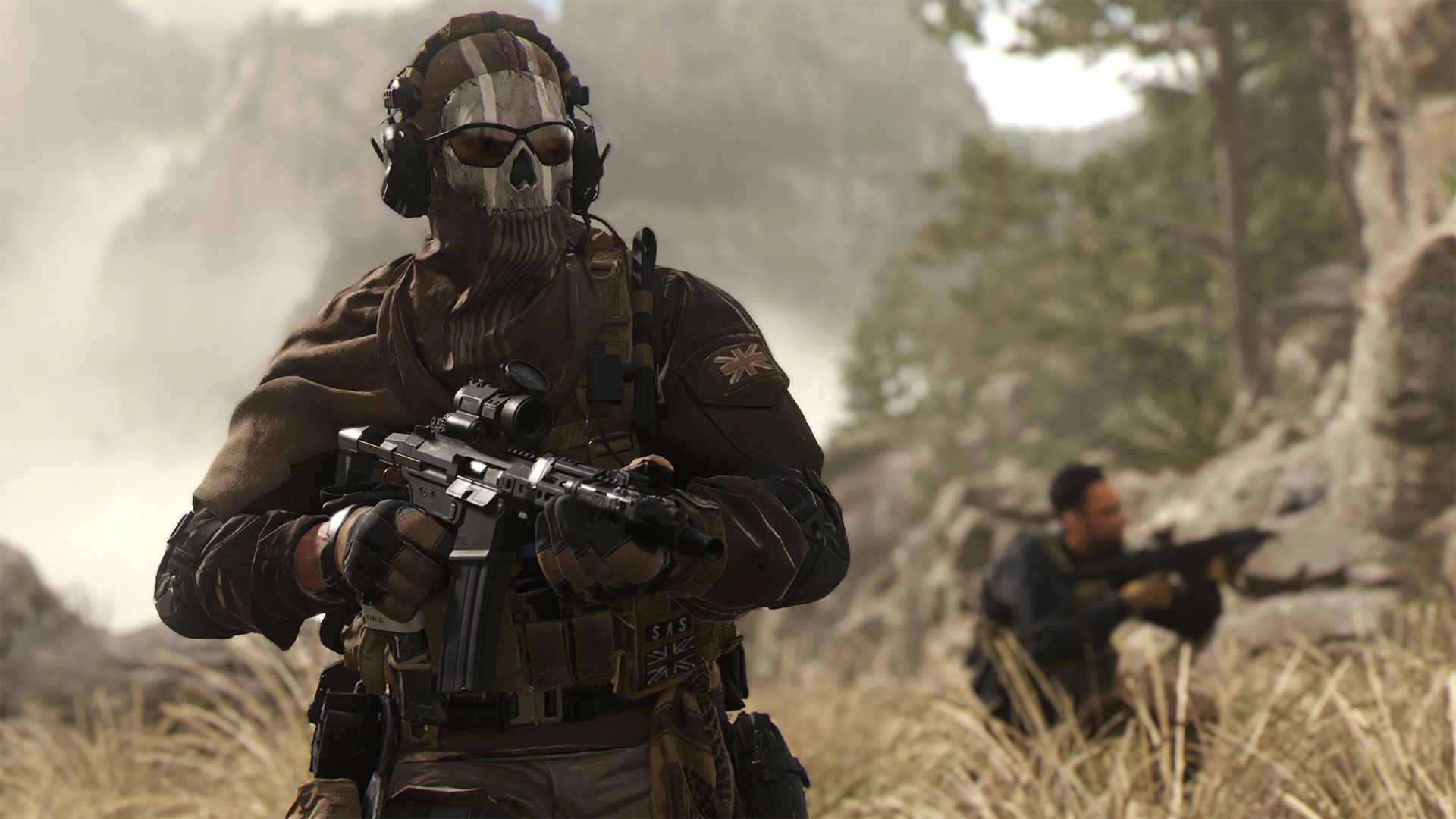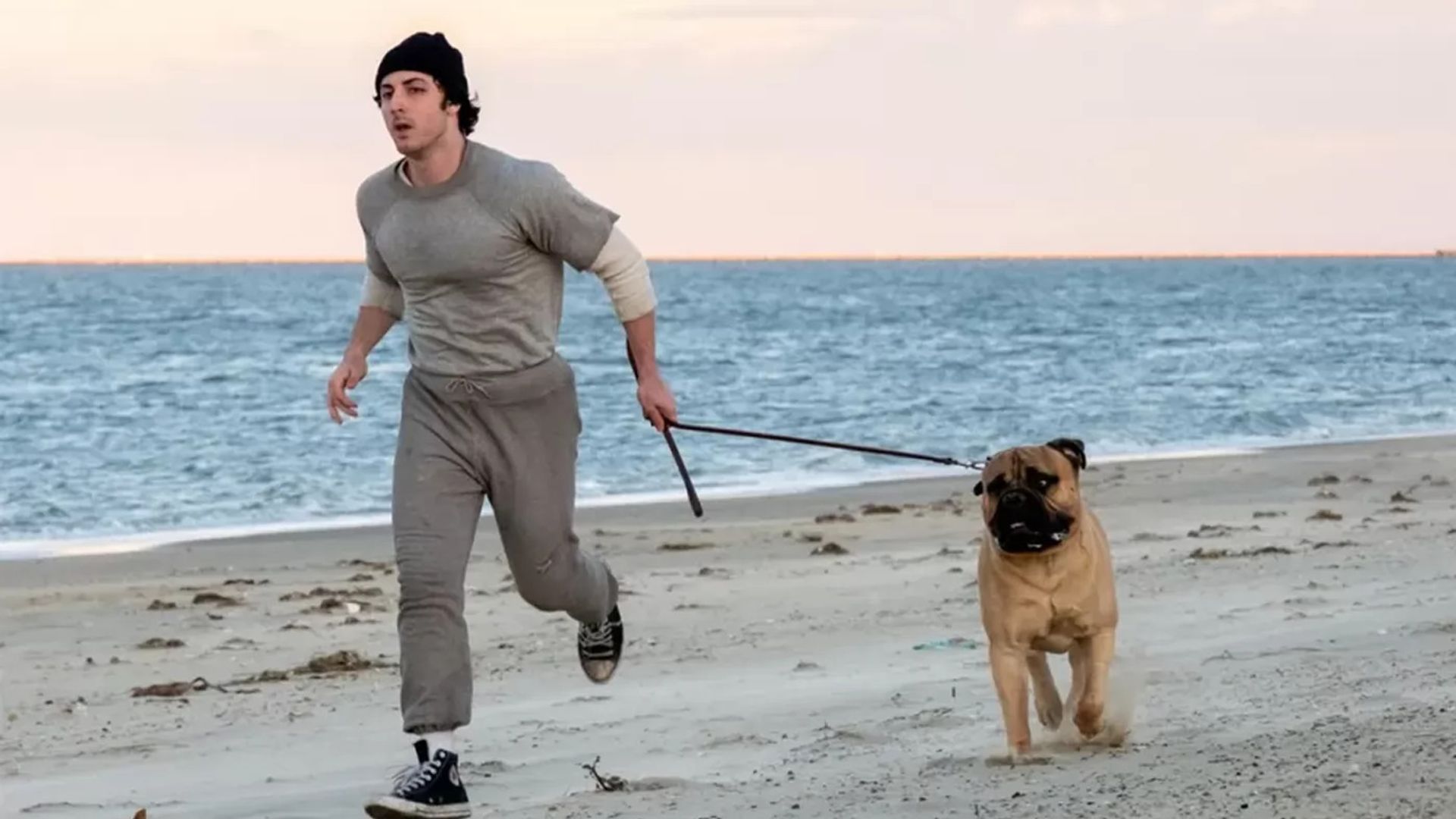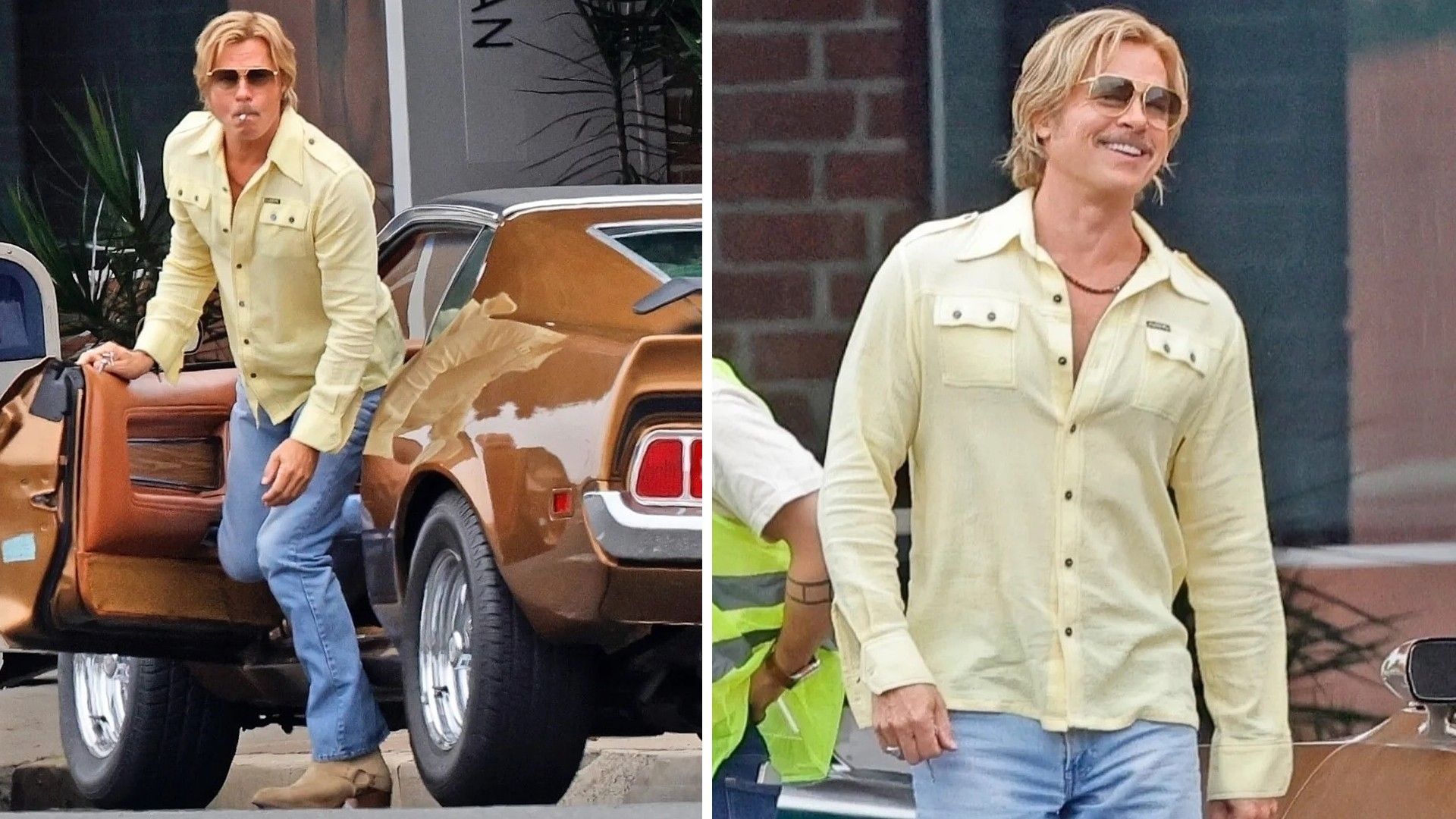Sometimes you watch a movie based on your favorite book and feel like everything's there — the characters, the plot, even the landscapes look familiar — but there's no spark. Then you open that same book again and it's like coming home.
These stories didn't just survive their screen adaptations — they outlived them. Because words are still more powerful than pictures. I've gathered seven such novels for you.
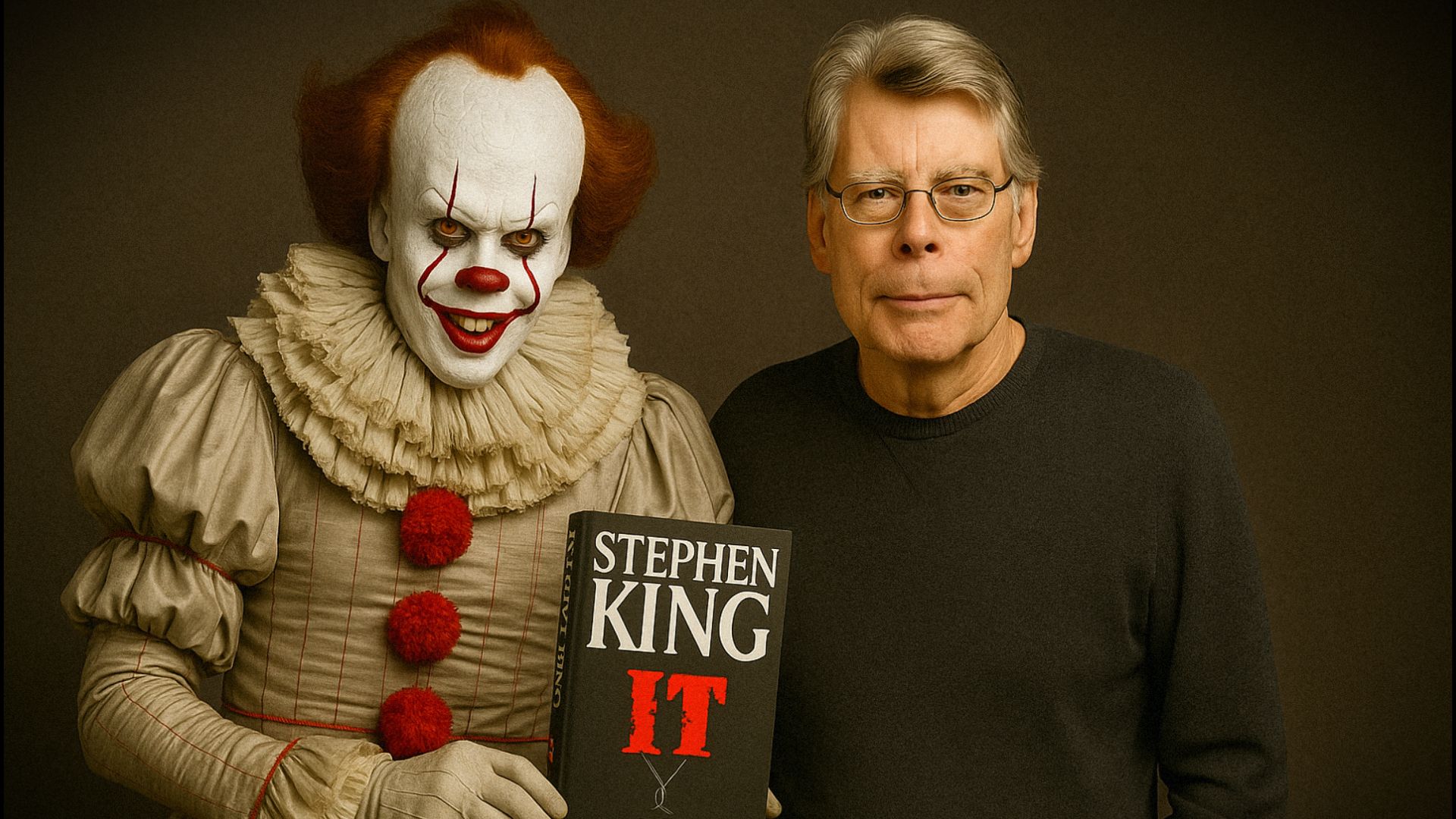
"The Goldfinch" — Donna Tartt
The film came out in 2019. Ansel Elgort played the lead role of Theo Decker.I'll say this upfront — the movie tried. And the actors were good. But it couldn't capture the novel's atmosphere. No wonder, considering it's a real doorstop at nearly 800 pages, and the film literally compresses multi-page episodes into single shots. The result is an adaptation that feels incredibly scattered.
"The Woman in the Window" — A.J. Finn (Daniel Mallory)
The adaptation came out in 2021. Amy Adams starred in the lead role.The film turned out glossy, but the book is more elusive and deeper. It's a psychological thriller where you stop understanding what's real alongside the protagonist. That very confusion is what got lost in the movie.
"Little Women" — Louisa May Alcott
The latest adaptation came out in 2019. Saoirse Ronan played Jo March, and Timothée Chalamet played Laurie.The film was heartfelt with excellent costumes, but too confusing. Rotten Tomatoes viewers agree on this. User Cassandra J wrote in her review:
An extremely confusing combination of the novel "Little Women" and several fragments from the life of its author Louisa May Alcott. It's not accurate or detailed enough to be called biographical, but the elements from Alcott's life that were added make it quite confusing, and I can't disagree with her.
"The Fault in Our Stars" — John Green
The film came out in 2014. Shailene Woodley played Hazel Grace, Ansel Elgort played Augustus.Yes, the movie was touching. But the book isn't just a tearjerker. There's much more life between the lines in the text than on screen.
The adaptation looks clichéd and manipulative. From the calculated tear-jerking soundtrack to dialogue that seems specifically crafted to be moving. The film turned out cardboard (but maybe that's how it was intended from the start, to hit you with emotions head-on).
"Les Liaisons dangereuses" — Choderlos de Laclos / "Cruel Intentions"
The modern adaptation "Cruel Intentions" came out in 1999. Sarah Michelle Gellar, Ryan Phillippe, and Reese Witherspoon starred.The film became a cult classic, but the novel is an icy mockery of high society's hypocrisy. Reading requires patience, but rewards you with precision that gives you chills. The real intrigue isn't in the bedroom scenes, but in the letters (the novel is written in epistolary form).
"It" — Stephen King
Two parts of the adaptation came out in 2017 and 2019. The main characters were played by Jaeden Martell, Finn Wolfhard, and Bill Skarsgård (Pennywise).Rotten Tomatoes user Jackson M gave the best review of these films:
Honestly, this is a lazy film. The director hammers every part without any plot development or character development, expecting us to just mindlessly swallow it. This version relies too heavily on computer graphics, and it actually looks awful. They also erased Pennywise's personality... In this version, he went from a cunning and funny villain to a real trash monster. His high-pitched squeaky voice is more annoying than scary. Very, very disappointing viewing.
"Memoirs of a Geisha" — Arthur Golden
The film came out in 2005. Zhang Ziyi played the heroine named Sayuri.The film was beautiful, maybe too beautiful. But that's the only merit of the picture, in my opinion. In the end, Hollywood gave us monotonous storytelling that becomes boring after half an hour of viewing. A sluggish adaptation with terrible dialogue.
If you want to experience these stories for real — unhurried, thoughtfully, with internal pauses for feelings — these books will give you much more than any two hours on screen. And earlier we at zoomboola.com told you about the book "The Martian Chronicles" — when you're the last family left on Mars after Earth's destruction.

